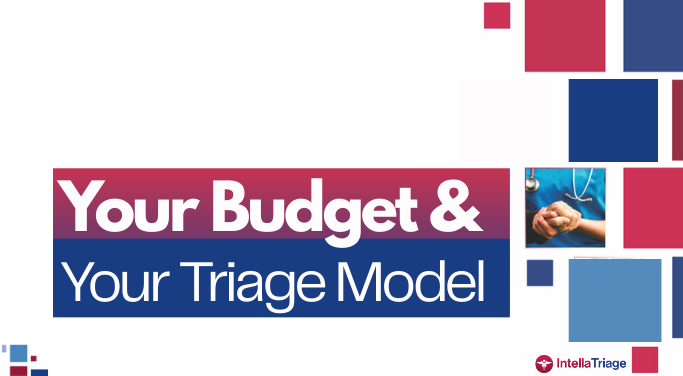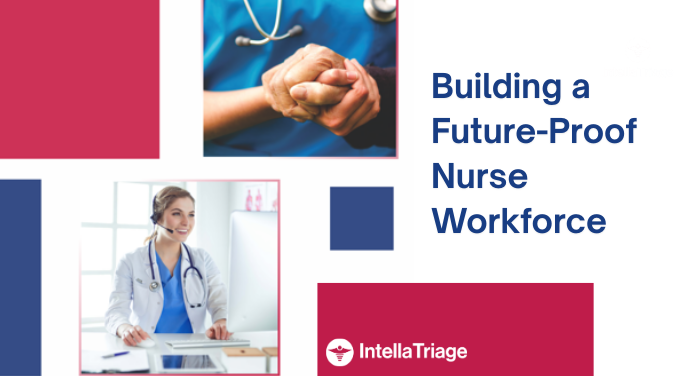For most hospice and home health agencies, outsourcing a nurse-based triage service is more cost-effective and efficient than handling after-hours calls in-house. Partnering with a reputable nurse-based triage service can reduce burnout and turnover in the nursing workforce, improve patient and caregiver satisfaction and realize cost savings.
In 2022, patients calling after-hours connected with an IntellaTriage registered nurse on average in 27 seconds. On average, our team resolves 67% of triage-addressable calls on the first call, resulting in 120,000 calls our clients didn’t have to answer. Based on the number of calls and average encounter time, we save our clients a total of 50,000 nurse hours; that equates to >$2mm annual savings. We also capture all referrals quickly, increasing topline revenue and patient healthcare outcomes.
At IntellaTriage, we realize that hospice and home health providers won’t trust your nurse-based triage care to just anyone. So here is a sneak peek into what our triage nurses do, who they are, and why they are so successful in this space.
What It Takes to Be an IntellaTriage Nurse
Hospice-trained nurses
IntellaTriage nurses have bedside experience in hospice, palliative, and end-of-life care and fast-paced environments, such as emergency departments and critical care. When we partner with an organization, our triage nurses become an extension of our client’s care team, as they trust us to support their team and their patients during non-core hours. IntellaTriage provides round-the-clock direct access to licensed, registered, and experienced nurses to manage the after-hours delivery of patient-centered, compassionate care.
Phone triage-specific training protocols
Being a phone triage nurse is not an easy job. IntellaTriage nurse-based triage processes have proven successful since 2008 and are based on years of telephone triage by hundreds of nurses. We are experts in the field of phone triage – so you don’t have to be. We train our nurses to identify the chief complaint and assess other relevant symptoms utilizing investigative questioning and active listening skills. As technology has changed, our processes have evolved – and will continue to evolve as we work diligently to streamline access to triage nurses and their ability to perform the ‘work of the call.’
Nurse-based triage care advice
IntellaTriage nurses work within the scope of the Plan of Care as the overseeing physician prescribes. Experienced nurses are trained to attend to the work of the call:
- Consistent with addressing the chief complaint and related symptoms.
- Clear communication to the caller and patient.
- Sound and concise clinical judgment.
Each client’s procedures drive the call protocols. These include:
- Knowing when to notify the on-call nurse.
- Validation of medication effectiveness.
- Refilling a medication in the online pharmacy portal.
- Notifying the on-call nurse of a first-time comfort kit use.
- Documenting each encounter.
Who Performs Nurse-based Triage
An internal survey of our nurses delivered insights into how it feels to be on the receiving end of the phone-triage line after years by the bedside. Here are some replies – straight from an IntellaTriage nurse’s mouth(s):
Bedside care versus phone triage.
- “When triaging on the telephone, I must be acutely aware of my tone of voice, communicate clearly, and listen! The person on the other end does not have the luxury of reading my body language or facial expressions. So the burden is on me to communicate as compassionately and accurately as possible. I do miss sitting down and spending time with my patients and their families.”
- “The most significant difference is the ability to apply hands-on, face-to-face care. However, I also love being able to help people from a distance. It is just a different way of helping. I sometimes miss their smiles, but you can often feel them and the relief in the voices on the other line even though you can’t see them. “
- “I enjoy working from home and not standing for 12 hours.”
A much-improved work-life balance.
- “For personal and health reasons, I have had to keep my stress down to a low roar, so being able to work from home without the physical stress of bedside nursing has been an enormous help. Professionally, triaging helps keep my skills updated because of the various calls I receive. “
- “Being an IntellaTriag nurse has helped me grow in the ability to use various EMRS, but it has also challenged me to help in ways I never thought of. It has offered me the ability to return to school, and since I began with IntellaTriage, I have earned my bachelor’s degree. I am now working towards my master’s degree, which is due to be completed by December 2023. I would not have been able to do this without the option of IntellaTriage, and my husband, family, and I are truly grateful.”
- “Triage nursing has allowed me to continue nursing, even though I am not physically able to provide bedside care.”
Unforeseen benefits of nurse-based triage.
- “I do love the duality of supporting our fellow nurses out in the field and then, in turn, helping all those patients and/or families that are struggling with the difficulties of medical and/or end-of-life issues. It’s a win-win!”
- “I remember doing case management and being on call overnight and weekends. I cannot imagine the difference it would have made if there had been someone like the IntellaTriage staff taking the front lines when it came to calls. Even if the calls eventually needed to come to me, there would have been so much already done before the triage nurse handed the call over. It would have made my job so much easier. Not to mention the number of calls resolved without contacting the on-call nurse. IntellaTriage has allowed me to increase my knowledge and skills in a different arena of nursing, the ability to go back to school, and more flexibility in my family and personal life. And a small side note… decreased the amount of money budgeted for gas to and from work.”
Nurse-to-nurse relationship.
When you can have that much of an impact – when an on-call hospice nurse has to attend to two calls versus every call coming in – that is an immense difference. At IntellaTriage, we often hear stories during client engagement meetings and triage calls. For example, a clinical director new to our services commented, “I slept more than I’ve ever slept before when on call.” That was exciting.
Other clients’ nurses have shared the following:
- “I have a great relationship with the nurses at IntellaTriage and their ability to triage calls where patients don’t need a direct visit.”
- “I can step back and take a deep breath knowing that your team is going to handle the majority of what comes in, and when your nurses call me, it is because they need me to be present with a patient bedside, and that is a huge distinction. It makes a huge difference in my quality of life – I can take a deep breath and rejuvenate.”
More about IntellaTriage
At IntellaTriage, our nurse-based triage can reduce nurse burnout and staff turnover, improve patient satisfaction, and boost your bottom line. You can save on the cost of staffing your nurses for an internal call center and the time and effort needed to recruit, hire, manage and operate that service. We also capture all referrals quickly, increasing your topline revenue and your patient’s healthcare outcomes.
To learn more about IntellaTriage’s revolutionary approach to nurse-based triage service, contact us today.
Contact Us for a Consultation
Ready to optimize your triage process? Reach out to us today for a consultation tailored to your needs. Let’s elevate your patient care together.
More From The Blog
Home health and hospice leaders know the strain of delivering quality care 24/7 with shrinking staff, rising patient volumes, and growing oversight. One strategy many haven’t fully leveraged yet is after-hours triage. A nurse-first triage model is about more than answering calls. Outsourcing your nurse triage function is a strategy that saves money, strengthens staff [...]
As post-acute care evolves under the weight of rising patient volumes, persistent staffing shortages, and the increasing complexity of care at home, one thing has become undeniably clear: nurse-first triage is an invaluable piece of the care-at-home puzzle. At IntellaTriage, we've spent the last 16 years proving that. From our earliest days in 2008, our [...]
In hospice and home health, nurses are the lifeline of care. But with higher acuity in the care-at-home patient population, mounting documentation demands, and a growing aging population, field nurses are stretched thin. The stakes are high for today's care delivery, but for the future of the profession itself. Persistent Post-Acute Trends Worth Paying Attention [...]









